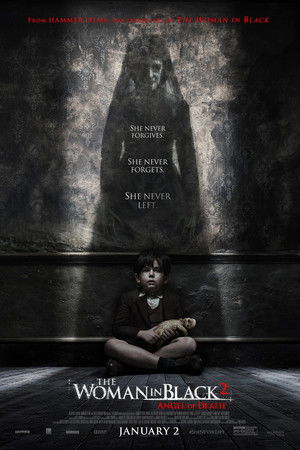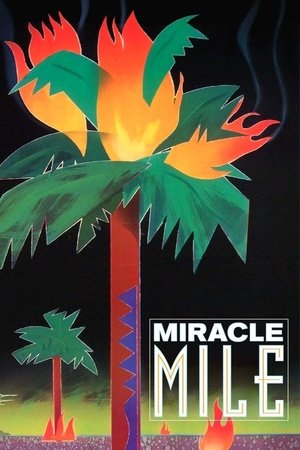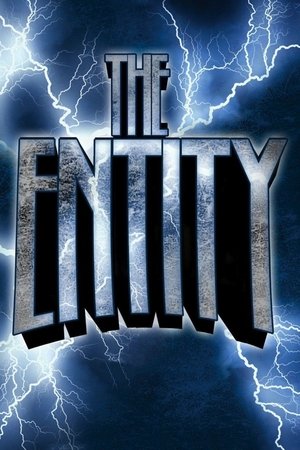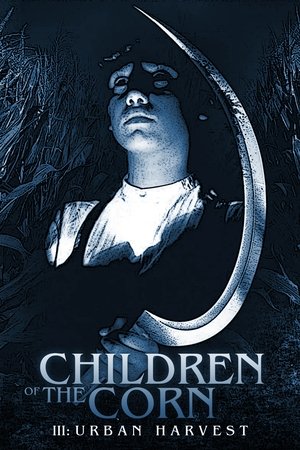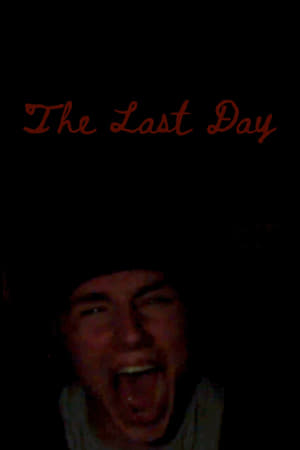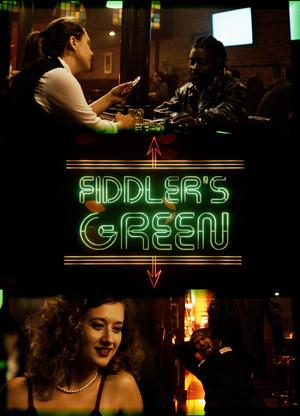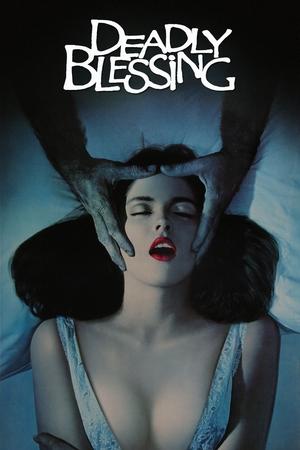Overview
A newly-wedded couple's domestic bliss is smashed to smithereens when the wife starts acting crazy. Has she become mentally unstable like her dead mother, or is there a sinister force at work?
Reviews
'You're so easy to love' reads a wall hanging in the apartment of Bala and Priya, the leads of Zero. It is a killer in-joke in a film that deals with the trauma that follows for these two characters who do not have any idea of what is about to happen because of their romance. He is a social worker with a successful lawyer for a father. She is an orphan. They have married against the wishes of his father, who has a valid reason for his reservations about this match. Priya's long-dead mother, Devi had become mentally unstable during her pregnancy to such an extent that even her husband had to leave her. Bala's father is apprehensive that Priya, too, might become crazy.
If anything, debutant director Shiv Mohaa is ambitious. He could very easily have turned this construct into a horror film, but he reaches for more. He spins out a Biblical fantasy that starts at the very beginning — the birth of the universe, and races towards a situation that could destroy the balance in the universe.
The director keeps things very much ambiguous in the first half. Even though we see that Bala (Ashwin Kakumanu) and Priya (Sshivada) are clearly in love with each other, we can sense that things are off-kilter. Bala keeps running into Solomon (JD Chakravarthy), who speaks to thin air but maintains that he is speaking to his dead wife Andrea. Priya turns real nasty when she is called a thief in a store. She sleepwalks. She hears noises. She gets visions. Of a white serpent. Of her mother taking her into another world, a world that has white women roaming about in a daze. Is it the loneliness at home (she is a university rank holder who says she is content being at home) that is playing a trick on her? Is she imagining these things because she has read her dead mother's diaries and is influenced by those writings? Is she really becoming mentally unstable like her mother, just as Bala's father feared?
Even though we are soon told that the answer is none of the above, for a while, these thoughts stop us from predicting what might happen next. Zero is certainly that rare film where the audience is unsure where it will go next. The weirdness in the scenes are, at times, spine-chilling. Like in the scene where Priya is seen talking to Bala and the doorbell rings and she opens the door to find Bala standing there! The scene turns even more bizarre when she finds herself seeing four to five figures who all look like Bala. And when the phone rings, guess who it is on the other line!
The filmmaking in these portions is also solid. The film has a surprisingly large number of tight close-up shots and these superbly convey the helplessness of the two characters. The actors are perfect. Ashwin Kakumanu's low-key performance acts as a superb counterpoint to Sshivada's intense turn. The latter is a role that demands a real actress and we can see why the director chose this under-appreciated actress and not a star. She is excellent and shifts her expression from sheer terror to apprehension to vulnerability in a few seconds and sometimes all at once. Even Ravi Raghavendra and Thulasi are perfectly cast.
It is only in the second half that Zero's minuses become evident. Once we realise that there is a supernatural element at work, the film loses out on suspense. And while Shiv Mohaa's script actually clearly delineates the events that happen, we somehow begin to get the feeling that things are getting too messy and complicated. Even Solomon's character, which is built up quite a bit as an intriguing one, turns into something of a routine.
And once the fantasy element starts to take over the plot, the events, involving a likely end of the world due to a demonic force, feel somewhat similar to that of the underrated 2014 horror film Ra. While that film was bold enough to end on a nihilistic note, Zero sticks to its romantic outlook. Somehow, the latter view doesn't feel satisfying. But most importantly, as the ambition of the plot keeps getting bigger and bigger, the film struggles to match up to it visually. By the time the film ends, we begin to feel that this story might have worked even better as a novel. Perhaps, we all have our own versions of God, Satan, Adam, Eve and Lilith in our heads that whatever that we see on a large screen might not be as impressive.

 159 min
159 min
 5.75
5.75
 2016
2016
 India
India
 timesofindia wrote:
timesofindia wrote:
